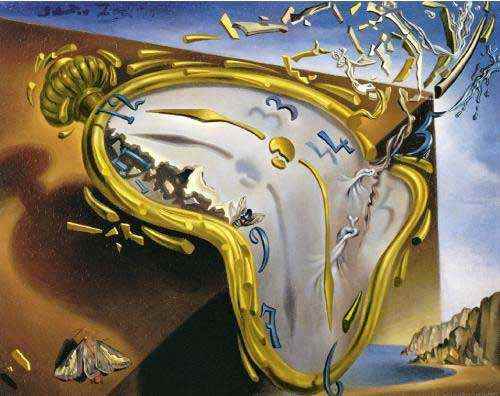Everyone understands what we are talking about when we talk about time. Who doesn’t even think they know this one intimately? You don’t have to be Kant, Einstein or Heidegger to allow himself to use his expert opinion, to put forward his own conception of the matter, to tell a little personal anecdote. Eh yes ! We belong to the human condition, we have our opinions, an experience of our own and that is enough, we think, to evoke the question of time.
So we constantly peddle old truisms and mummy ideas, as if all our thoughts on time were immediately parasitized by commonplaces. Carried by use, blunted by the convenience of language, the notion of time always seems easy to access. The philosophers Even though it has always been presented as a terrible test of thought, we let ourselves be lazily deceived by its familiar appearance.
What is time?
But in reality, this apparent familiarity comes only from habit, not from elucidation. Because after all, what is time? No one really knows. And for good reason: as soon as we take too close an interest in him, he systematically hardens into an enigma; and each time that one tries to better define its nature, paradoxes and aporias immediately spring up as promises in electoral campaign. Whatever approach is chosen (linguistic, philosophical, scientific), we come up against either new problems or old difficulties that nothing seems to be able to dissolve. This resistance inexhaustible, it is what one could call the “paradoxicality” of time.
In this file, we will approach “the relativity of time”, the principle being that it does not have an absolute value, and its flow is not always the same …
Read also on Futura:
.
fs4
